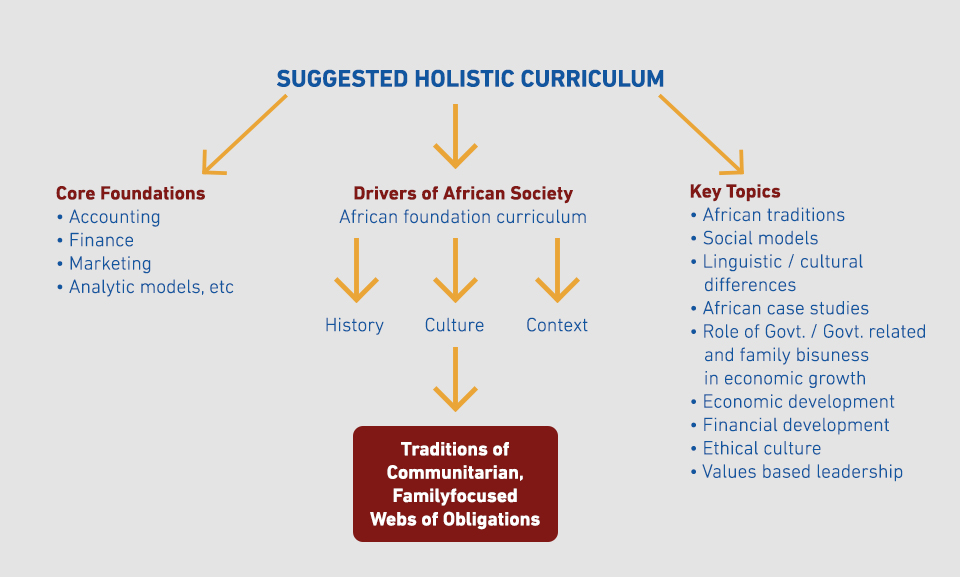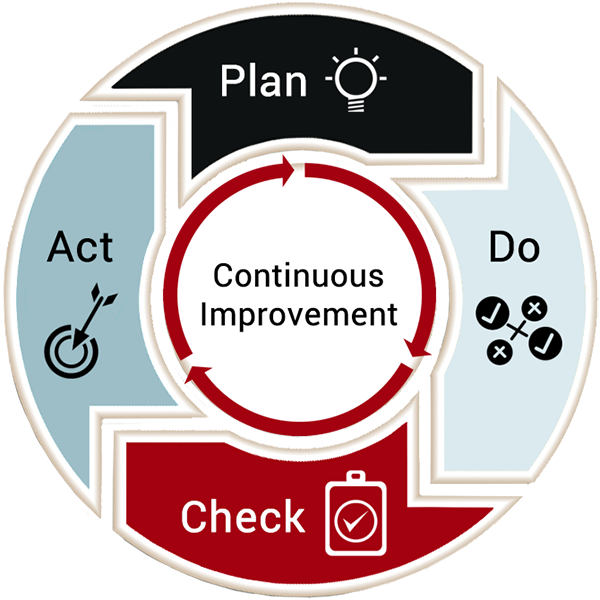-
Gallery of Images:

-
Managing your results When you search or browse for items, you get a list of results. You can refine the results based on options you choose or customise the results to. Managing for results contributes to quality decisions and ensures accountability and transparency for all aid activities. This means we: place results and their achievement at the centre of all our aid efforts Managing the work of others You have multiple work plans or streams to manage and in many cases, not as many people to get the work done as would be ideal. Key to managing effectively is to use everyone, including you, for greatest impact. Managing for Results Eight perceptions What do we mean by Results? Management by Objectives Manager and his work Managing for Business Effectiveness Managerial Decision. Managing Results, LLC, Crested Butte, Colorado. Managing for Results shows what the executive decision maker must do to move his enterprise forward. Drucker again employs his particular genius for breaking through conventional outlooks and opening up new perspectives for profits and growth. Managing for results is expansion of Management by Objectives (MBO) into the marketplace. It is the theory and practice of how to produce results on the outside, in the market and economy. It is the theory and practice of how to produce results on the outside, in the market and economy. Managing for Results is a clear guide for HR and management students, as well as current managers and business leaders, to managing within a business context and achieving success. Blending research, theory and practice, topics addressed include the role and development of the manager within the organisation, communication in the workplace. In general, the management sets the framework for managing for results, prioritization in workplanning and partnerships. One key deliverable is the followup to evaluations through the development of a To ask other readers questions about Managing for Results, please sign up. Be the first to ask a question about Managing for Results As the author best puts it: This is a what to do book. It deals with the economic tasks that any business has to discharge for economic performance and economic. A resultsonly work environment gives team members complete freedom to do their jobs how and when they see fit, as long as they produce agreed results to specified deadlines. Managing change effectively is a source of competitive advantage, yet few organizations do it well. In a Bain survey, more than 80 percent of companies said they failed to realize the expected results from recent change management initiatives. Managing your results When you search or browse for items, you get a list of results. You can refine the results based on options you choose or customize the results to. Training overview 2 Managing for Results framework Principles of performance management Examples of measures Reporting on measures Lessons learned Managing for Results: Economic Tasks and Risktaking Decisions is a what to do book that covers the economic tasks that any business has to discharge for economic performance and economic results. The book organizes these tasks so that executives can perform them systematically, purposefully, with understanding, and with reasonable. Strategic planning and performance management are rooted in the Department by the National Security Strategy, the QDDR, and the Government Performance and Results Modernization Act of 2010 (GPRAMA). Daytoday, performance management is guided by. In Managing for Results, Peter F. Drucker highlights common mistakes business leaders make and the strategies successful companies use. He lays out a detailed program for determining where a company is now, which products or services may need to be abandoned, and how to chart a future course that makes the best use of the available resources. Managing for results is expansion of Management by Objectives into the marketplace. It is the theory and practice of how to produce results on the outside, in the market and economy. It is the theory and practice of how to produce results on the outside, in the market and economy. The chain of events that leads to strong and sustained business results starts with great managers who defy common management practice at virtually every turn, says Curt Coffman, global practice. Managing for Results For managers who have transitioned from managing themselves to managing others. EXECUTIVE EDUCATION GENERAL MANAGEMENT 19 21 April 8 June 2016. How you will benefit: This programme offers you an opportunity to: Explore and understand the practical To be a highperforming manager, you need an advanced understanding of the principles of great leadership. In this course, author and business coach Dr. Todd Dewett shares the secrets businesses. Managing for Results (MfR) provides the foundation for a highly integrated management system focused on results for customers. Through the MFR system, Maricopa County has engaged in substantive planning and performance measurement. Join Todd Dewett for an indepth discussion in this video, Welcome, part of Managing for Results. Watch videoManaging for results is a new knowledge set that goes on top of that, focused on helping you make the very most out of what you've been given. The sum total of the skills we'll discuss is an effective team that performs to its potential. Managing Results, LLC, Crested Butte, Colorado. Definition of management by results: Process management style whereby a set of objectives is used to determine if results are contributing to an organization's mission and goals. Widely known as MFR, managing for results is an approach to public policy and administration that has the promise to improve how government is viewed and how it operates. This chapter provides an overview of one approach to the concept of MFR. MFR is a way to recast planning, budgeting, management, and reporting in direct relation to what. The Results Management System (RMS) is an application that enables users of Perception to analyze and modify results stored in a Perception repository. Managing for Results is a handbook on Results Based Management tailored to fit the needs of Sidas research cooperation partners. The approach in this handbook is in line with a broader view of RBM as a management tool, and is aligned with OECDDAC terminology and practices. The PowerPoint PPT presentation: Managing for Results Practices for Organizations is the property of its rightful owner. Do you have PowerPoint slides to share? If so, share your PPT presentation slides online with PowerShow. The estimated amount of time this product will be on the market is based on a number of factors, including faculty input to instructional design and the prior revision cycle and updates to academic researchwhich typically results in a revision cycle ranging from every two to four years for this product. Managing for Results in Government Effective performance management helps the federal government to improve outcomes in areas that affect nearly every aspect of Americans lives, from education, healthcare, and housing to national and homeland security. Management by objectives (MBO), also known as management by results (MBR), was first popularized by Peter Drucker in his 1954 book The Practice of Management. Management by objectives is the process of defining specific objectives within an organization that management can convey to organization members, then deciding on how to achieve each. Managing for Results in Americas Great City Schools are components of the Performance Management and Benchmarking Project, an initiative created by the Council to define, gather, and report data on key performance indicators (KPIs) in various nonacademic operations of school district management. In addition, measuring and managing results can potentially be instrumental in changing the way an organisation operates. Measuring and managing for results enables an organisation Managing for Results Reports. Managing for Results in Americas Great City Schools defines and presents an extensive array of statistical indicators developed by the Council of the Great City Schools and its member urban school districts to measure performance on a broad range of operational functions, including business services, finances, human resources and technology. Managing for results means setting clear objectives for what you want to achieve and developing sound indicators for measuring progress. A core element in resultsbased management is the socalled results chain; it illustrates the anticipated causal relationship between various elements over time. Managing for Development Results Managing for results means managing and implementing aid in a way that focuses on the desired results and uses information to improve decisionmaking. Managing for development results (MfDR) is an approach that uses sound information Managing for Results requires librarians to take a proactive approach to marshaling and managing all of the library's resources effectively. Using this planning guide, librarians will be able to identify their key resources, make choices among different priorities, and assign resources to achieve results. managing for results [Peter F. FREE shipping on qualifying offers. The effective business, Peter Drucker observes, focuses on opportunities rather than problems. How this focus is achieved in order to make the organization prosper and grow is the subject of this companion to his classic work Four out of 5 managers would say that they manage for resultsbut their people often have a different story to tell. Here are 3 questions to ask yourself to determine if youre managing for. This guide explains the main principles of results management, the core of the managing for development results approach. This guide explains the main principles of results management, the core of the managing for development results approach. It also discusses the implications of. Managing Results is a Colorado based management consulting firm that partners with local cities and counties to develop performance measurement and management systems that produce improved and costconscious results. Managing for Results (MFR) makes it possible for Chester County departments to demonstrate accountability to taxpayers. MFR provides a common framework under which strategic planning, budgeting and performance measurements are aligned in a unified process. Managing for Results: WRI has a strong focus on results, which we define as significant actions taken as a consequence of our activities and influenceby government agencies, corporations, policymakers, scientists, or civil society. Managing for Results (MFR) is a strategic planning, performance measurement, and budgeting process that emphasizes use of resources to achieve measurable results, accountability, efficiency, and continuous improvement in State government programs. MANAGING FOR RESULTS User Review Kirkus The business of America, in the unforgettable words of our 30th President, is business. Drucker has a penchant for comparable profundities. The present federal interest in managing for results is driven in large part by the Government Performance and Results Act of 1993, often called GPRA or the Results Act. This Act requires federal agencies to develop strategic plans, performance measures, annual performance plans, and.
-
Related Images:









